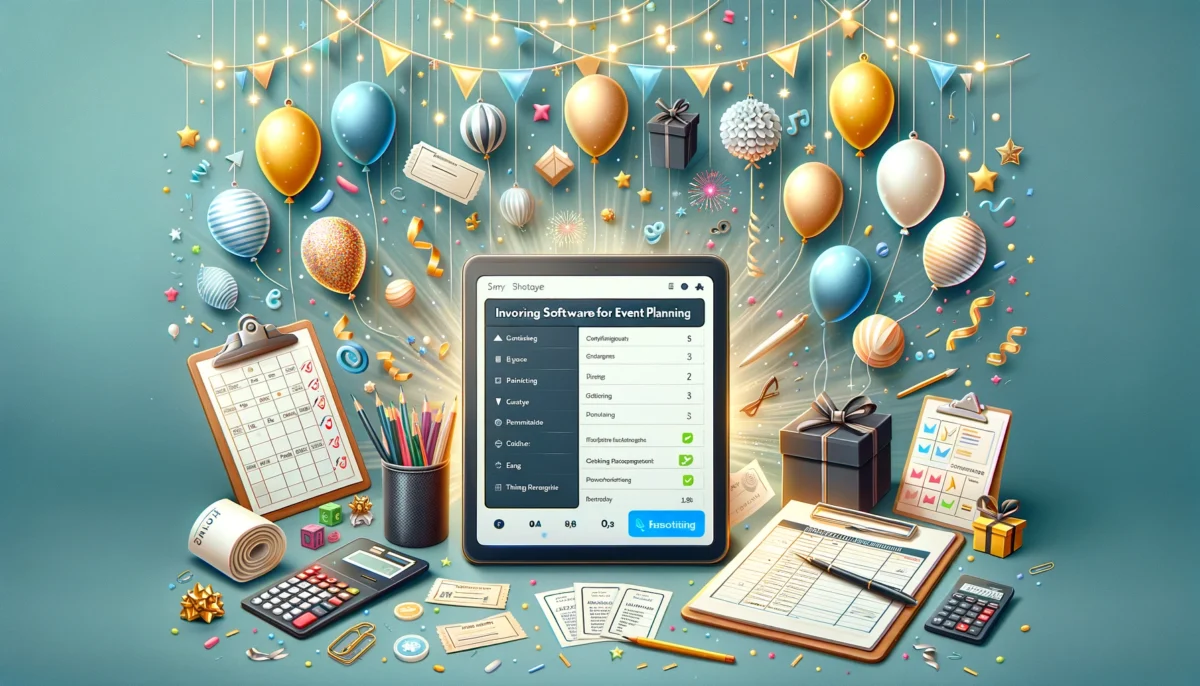Why is data protection important?
With personal data almost everywhere these days, the biggest challenge for many businesses, government agencies and individuals are protecting personal data appropriately.
Did you know that one of the most important human rights is the right to protection of personal data and the right to privacy?
So, the basic purpose of personal data protection is to protect a person’s personal life!
Personal data is such data that relates to a specific person, i.e. a person whose identity has been or can be established.
Indeed, the identity of a person can be established directly or indirectly, i.e. through various characteristics and information. For example, it can be established on the basis of surname, first name, date and year of birth, e-mail address, telephone number, photograph, salary data, education. Based on fingerprints or an iris image. Cookies, IP address, location data are also considered personal data.
A slightly higher level of protection requires “more sensitive personal data“, which relate to criminal proceedings, racial origin, religious beliefs, sexual orientation, health and political affiliation.
To know if it is really personal data, ask yourself if you have learned anything about this person after processing the data and if you can say anything about them?
You need to know that personal data does not include data about a legal entity. For example, such as, the name of the legal entity, its email or postal address, ID number. Likewise, personal data does not include data about deceased persons.
Why the protection of personal data is important?
Because:
– protects the rights and privacy of individuals
– prevents the misuse of their personal data
– ensures secure and transparent data processing
– it does not store unnecessary information, freeing up storage space that would otherwise be occupied
How your data gets on the Internet
Companies, governments, and institutions collect data when you:
– create an online account
– shop at an online store
– register for a contest
– participate in a survey
– download free software
– surf the Internet
– use applications on your computer or mobile device
– post photos or status updates on social media
What happens to your information?
The responsible companies collect and use personal information in order to provide customized content and special offers to clients.
But in most cases, companies collect information that does not identify you by name. Websites track which websites you visit and mouse clicks, but not you personally.
A lot of people’s personal information is online because we have added it to resumes, chats, social media sites such as Facebook, likes and tweets, or comments on discussion groups.
Other people may have posted information about you. Your friends may write about you, post photographs of you, or even make posts about you and your family. Public documents such as your birth certificate, photos of your house, and copies of your signature may be searched. You can expect your name, job title, and donation history to be released by religious groups, clubs, and professional organizations.
What does it matter if your information is available online?
There are 2 reasons that make the information that is available over the Internet important to you:
a) This information, which forms part of your online reputation, can be used by companies and people looking for employees to assess your suitability for the job.
b) Cyber criminals can utilize information obtained online about you to commit identity theft, fraud, and other kinds of crimes. Taking the steps in this article can decrease your risk of data theft by securing your online information.
Once data is posted online, it stays there forever, and depending on the privacy policies of the companies that own the data, anyone can eventually see it. Websites can archive everything you post, along with the information they’ve collected from you. Friends (or former friends) can share your information, or hackers and security breaches can discover it.
Tips for sharing information online
– Read the privacy policy on the website first
– Don’t share more than necessary
– Choose your friends wisely
– Choose the privacy level of your profile or blog
Watch what others post!
Search your name online using popular search engines. Search text and images. If you find confidential information about yourself on the site, look for contact information on the site and make a request to have your information removed.
You should continually monitor what people are saying about you in blogs and on social media. Please ask your friends not to post your pictures or those of your family without getting consent. It is perfectly acceptable to request that inappropriate content, including photos and text, be removed from a person’s website.
Make sure to turn on the “show tags” option so that no one tags you without your permission.
Saving your data
Computer protection
Computer protection keeps your personal data safe by preventing hacking attempts designed to steal it.
Don’t keep sensitive information on your home computer
Whenever possible, avoid using a public computer or device (including a laptop or mobile phone) to pay bills, use banking, or shop through public wireless networks.
If you’re not using your network browser, enable Incognito Mode on Google Chrome, Private Browsing in Mozilla Firefox or InPrivate Browsing in Edge. When you use Incognito/Private tabs or windows, browsing data (such as history, temporary Internet files, and cookies) is not stored on your PC when you finish browsing. However, be always careful not to share your password on the computer that you are sharing.
Data protection when using a shared computer
Whenever you’re browsing the web on a shared device (such as a kiosk at an airport or someone else’s laptop), there are two things you can do to protect your data:
Enable Incognito Mode on Google Chrome, Private Browsing in Mozilla Firefox or InPrivate Browsing in Edge (or use a similar feature in any other browser you use).
The GDPR: EU Data Privacy Laws
There are several situations in which companies and organizations may gather or use your personal information under the EU General Data Protection Regulation (or GDPR):
– when someone enters into a contract with you, for example for the supply of goods or services, or if they are employed by you
– if they are fulfilling a legal obligation, for instance in cases where processing of your data is required by law, such as when your employer provides information about your monthly salary to the social security authority for the purpose of exercising your right to social security
– if the data processing is vitally important to you, for example if it could save your life
– tasks of public interest are tasks undertaken in the public administration, which mostly refers to schools, hospitals, and local governments
– in the case of legitimate interests, such as using your personal data to see whether you deserve a higher interest rate on a savings account.
If the company or organization wishes to collect or reuse your personal data in all other cases, it will require your consent (known as ‘opt-in’).
What about cookies?
Cookies are small text files that a website stores on your computer or mobile device through your internet browser. Cookies are used everywhere to store your preferences so websites can work more efficiently. They also contain ad targeting codes to serve you targeted online advertising that is based upon your preferences.
Any website that wants to use cookies must obtain your consent before placing cookies on your computer or mobile device. They shouldn’t just tell you about their use of cookies or tell you how to turn them off.
The website should explain to you how the data from the cookies will be used. You should have the option to withdraw your consent. If you choose to do so, the website must still provide you with the least amount of service possible, such as allowing you to access part of the site.

For some cookies, consent is not required. Cookies that are used solely to deliver a message do not require consent. In this sense, for example, cookies used for “load-balancing” (i.e., distributing requests to a server across multiple devices) fall under this category.
It is also not required for you to consent to cookies that are needed to deliver a service you specifically requested. The cookies may be used for example when you complete an online form or make an online purchase.




